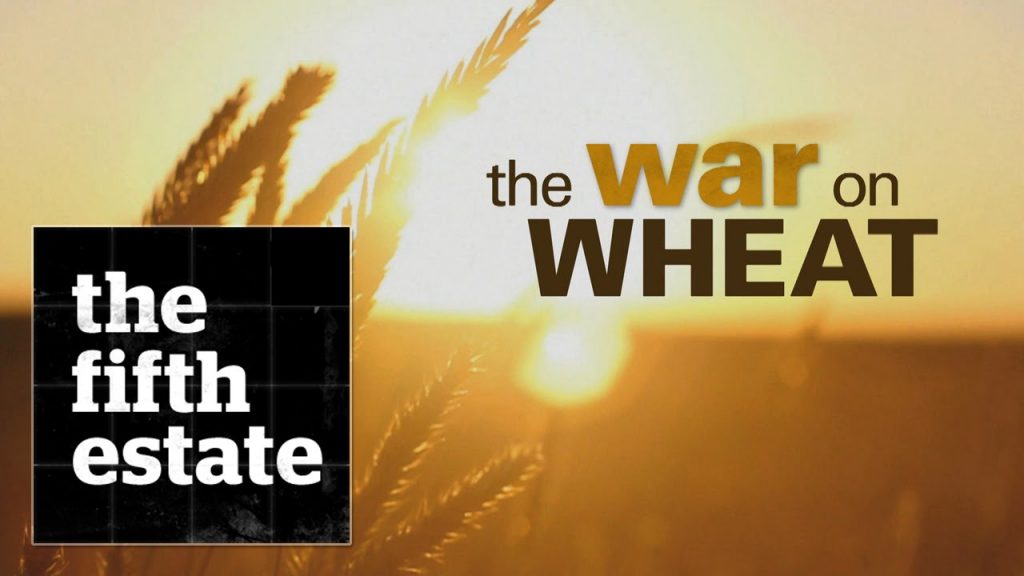In recent years, the wheat-free movement has gained significant momentum, with more and more people opting to eliminate wheat from their diets. At the forefront of this movement is Dr. William Davis, a cardiologist, and author of the best-selling book Wheat Belly, which has been dubbed the “bible” of those on a wheat-free diet. The documentary The War on Wheat delves into the arguments put forth by Dr. Davis and his supporters, while also presenting counter-arguments from scientists and researchers who question his claims.
Dr. Davis argues that genetically modified wheat is a universal health threat, equating all North American wheat with “garbage” and claiming that it is an addictive opiate that poses a risk to all who consume it. He suggests that wheat is a leading cause of obesity, diabetes, heart disease, and other health problems and that eliminating wheat from our diets can lead to dramatic improvements in health and well-being.
The War on Wheat follows Dr. Davis as he makes his case, presenting interviews with patients who have seen dramatic improvements after eliminating wheat from their diets. But the documentary also presents a different perspective, interviewing experts who question Dr. Davis’s claims and the lack of scientific evidence to back them up.
Canadian dietary scientists and researchers, such as McGill University’s Joe Schwartz, argue that the evidence Dr. Davis cites in his book is “cherry-picked” data that has been manipulated into seeming more compelling than it should be. Schwartz suggests that while there may be some individuals who are sensitive to wheat, there is no evidence to suggest that wheat is universally harmful to human health. Similarly, diet expert Yoni Freedhoff likens Dr. Davis to an evangelical preacher, a showman who is full of promise but no substance.
Perhaps most damning is the fact that not a single registered health organization, not even the Canadian Celiac Association, supports the elimination of wheat for anyone not diagnosed with celiac disease. While Dr. Davis has received much attention from major talk shows and Hollywood figureheads, health policy professor and author of Is Gwyneth Paltrow Wrong About Everything? Timothy Caulfield suggests that celebrity endorsement has had a significant impact on the popularity of the wheat-free movement.
The War on Wheat is a thought-provoking documentary that highlights the dizzying and confusing area of food and dietary science. It raises important questions about the impact of celebrity endorsement on fad diets, and the minimal influence science has had in dissuading the general public from believing genetically modified crops present a serious health threat.
While it’s clear that there are some individuals who benefit from eliminating wheat from their diets, the documentary suggests that this is not a one-size-fits-all solution. Instead, it’s important to look at the scientific evidence and make informed decisions about what we eat. The War on Wheat ultimately leaves viewers wondering who to believe when it comes to beliefs about food consumption, and highlights the need for greater scientific rigor in the field of dietary science.
In conclusion, The War on Wheat is a must-watch for anyone interested in the wheat-free movement and the science behind it. While Dr. Davis makes compelling arguments, the documentary presents a balanced perspective that encourages viewers to question the claims being made and seek out the evidence behind them.

